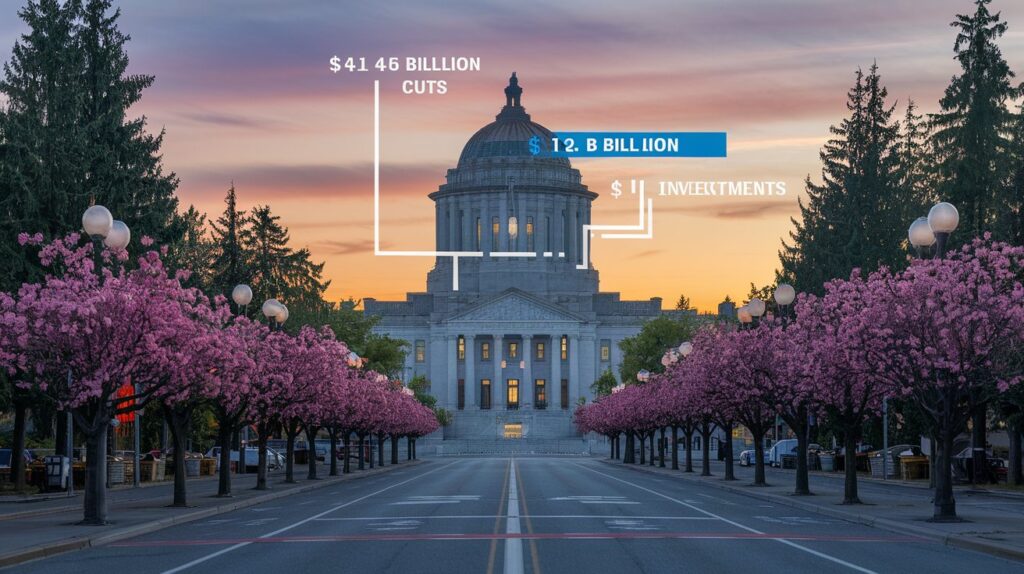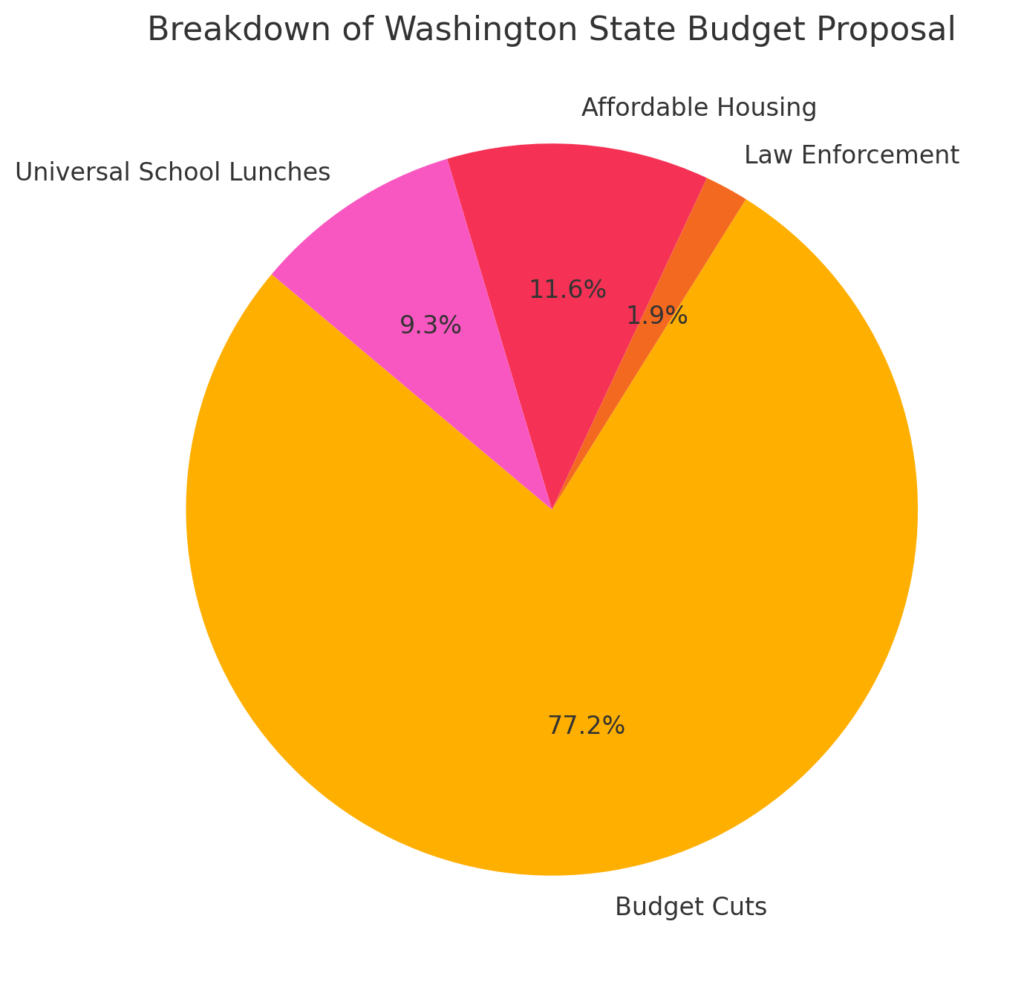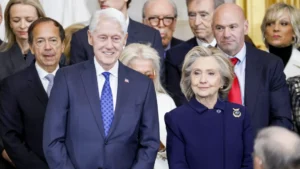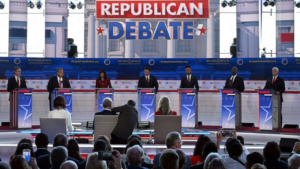Washington Governor Bob Ferguson, stepping into office amid a projected $12 billion budget deficit, has outlined an ambitious plan to address the financial shortfall while safeguarding essential services. His strategy balances fiscal discipline with targeted investments, signaling a proactive approach to leading the state through challenging economic times.
A Strategic Approach to Budget Cuts
Ferguson’s plan includes a 6% spending reduction across most state agencies, which is expected to save $4 billion over four years. Notably, these cuts exclude critical sectors such as public K-12 education, community and technical colleges, and public safety agencies, ensuring minimal disruption to core services.
“Washingtonians expect us to explore all avenues for efficiency before considering new revenue options,” Ferguson stated. His approach emphasizes austerity and reform, contrasting sharply with outgoing Governor Jay Inslee’s proposed wealth tax on individuals with over $100 million in assets, which aimed to generate $10.3 billion.
Key Investments for Long-Term Growth
Despite the focus on cutting costs, Ferguson has allocated $1.3 billion in new investments to address pressing state needs:
- $100 million to hire additional law enforcement officers.
- $600 million to expand affordable housing through the state’s capital budget.
- $480 million to provide universal school lunches, ensuring every child in Washington has access to nutritious meals.

These investments aim to improve the quality of life for residents while addressing systemic challenges.

Building Consensus in the Legislative Session
Ferguson’s budget proposal sets the stage for what is expected to be a dynamic legislative session. Collaboration with lawmakers will be essential to refining and implementing his plans. By emphasizing efficiency and prioritizing investments in public welfare, Ferguson seeks to balance immediate fiscal needs with long-term state development.
Why Ferguson’s Approach Stands Out
Governor Ferguson’s strategy resonates with residents by blending fiscal responsibility with a commitment to essential services. Unlike blanket cuts or reliance on new taxes, his approach aims to foster efficiency and fairness, ensuring that Washington’s most vulnerable populations are protected. [USnewsSphere.com]





